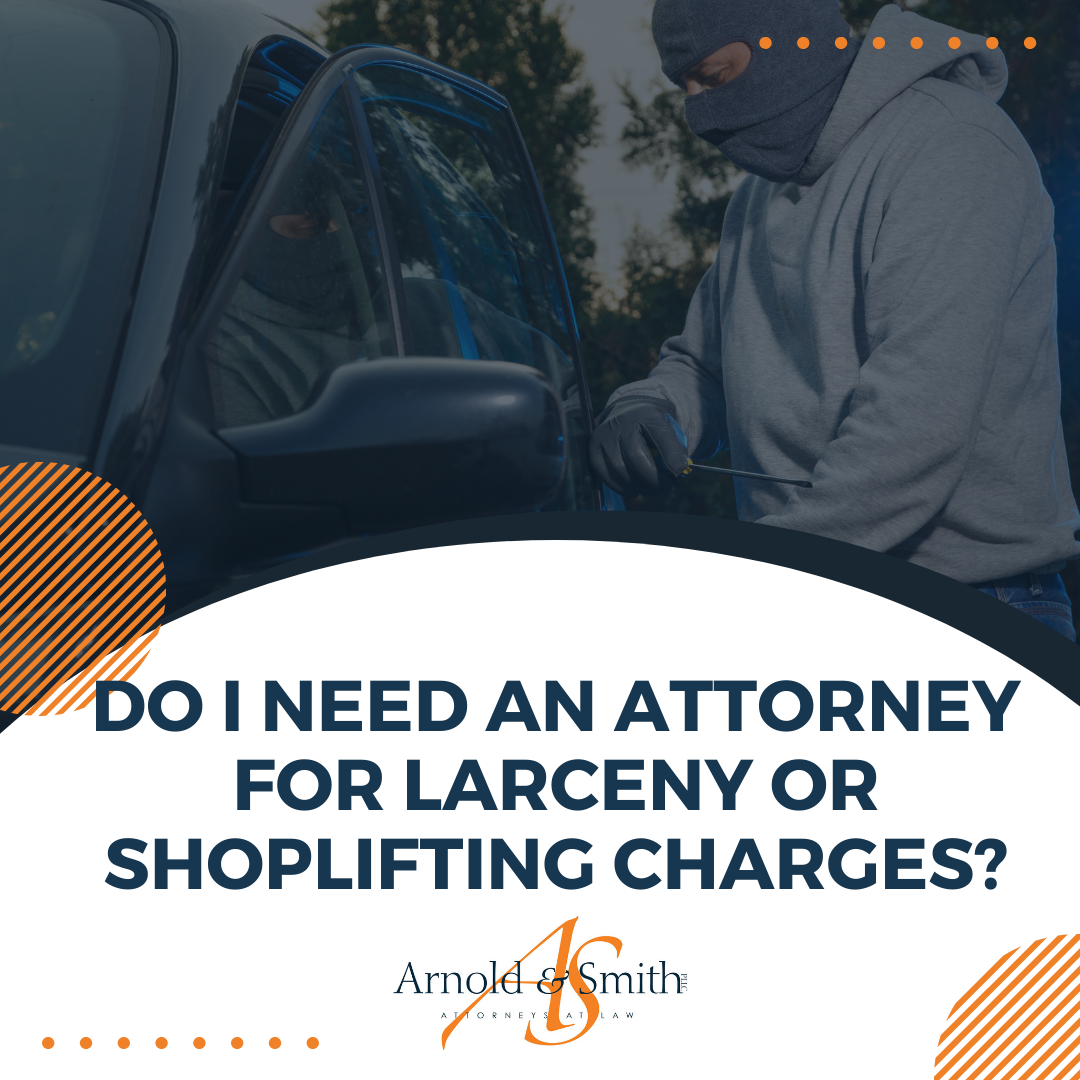 Do I Need an Attorney for Larceny or Shoplifting Charges?
Do I Need an Attorney for Larceny or Shoplifting Charges?
Shoplifting is one of the most common crimes in North Carolina and elsewhere. Shoplifting is a type of larceny. If you are found guilty of larceny charges, you could face various penalties, including fines, probation, and more. Additionally, you will have a criminal record that could impact your life now and in years to come. Although larceny or simple theft charges are generally misdemeanors, they are still serious enough to warrant vigorous defense. A knowledgeable criminal defense attorney will work to resolve the charges with as little negative impact as possible.
Larceny Charges and Penalties
 Charlotte Criminal Lawyer Blog
Charlotte Criminal Lawyer Blog


